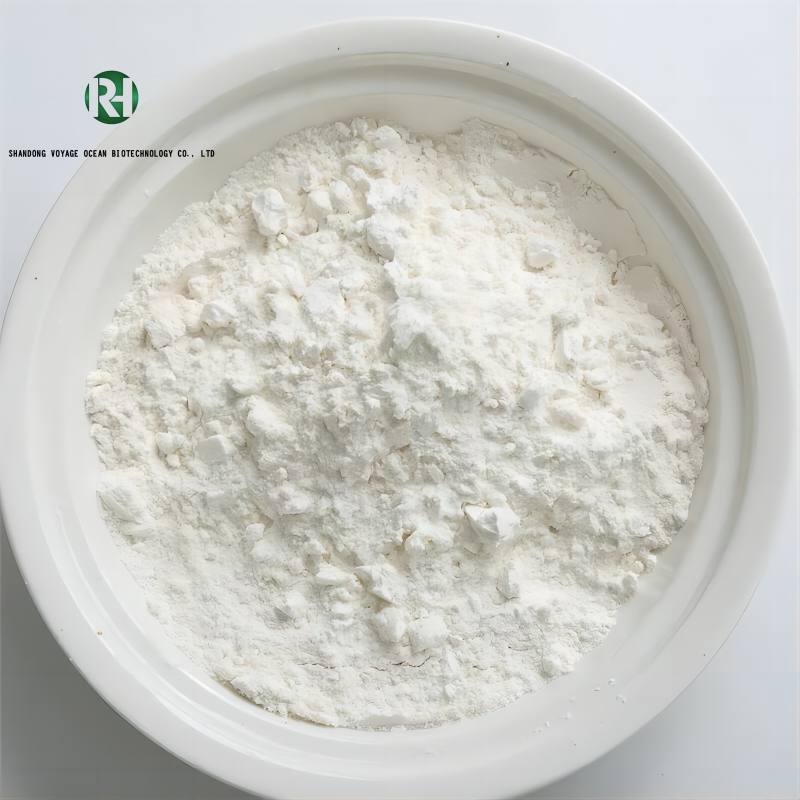-
Categories
-
Pharmaceutical Intermediates
-
Active Pharmaceutical Ingredients
-
Food Additives
- Industrial Coatings
- Agrochemicals
- Dyes and Pigments
- Surfactant
- Flavors and Fragrances
- Chemical Reagents
- Catalyst and Auxiliary
- Natural Products
- Inorganic Chemistry
-
Organic Chemistry
-
Biochemical Engineering
- Analytical Chemistry
- Cosmetic Ingredient
-
Pharmaceutical Intermediates
Promotion
ECHEMI Mall
Wholesale
Weekly Price
Exhibition
News
-
Trade Service
August 13, 2020 // -- Immunotherapy, which can quickly and completely alleviate the disease of some cancer patients by stimulating the patient's own immune system, has revolutionized the treatment of cancer patients, but in fact it can only treat less than a quarter of patients because the tumor is so cunning and effective In a recent study published in the international journal Cell, scientists from the University of Washington School of Medicine and others found that blocking the function of a protein called TREM2 or enhancing the therapeutic effects of standard immunotherapy drugs could lead to the complete elimination of tumors;
Photo Source: William Vermi/Martina Molgora Researcher Marco Colonna says: 'Essentially, we've found a new tool that enhances tumor immunotherapy, which reduces the growth of specific tumors when used alone against antibodies to the TREM2 protein, but when combined with immunotherapy drugs We can see the complete rejection of tumors, and there are already some anti-TREM2 antibodies that have entered clinical trials for the treatment of other diseases, so researchers must also study animal models to confirm these results, and if they do work, later researchers will conduct further clinical trials because some antibodies are currently available.
T cells can detect and destroy tumor cells, and in order to survive, tumors create an inhibitory immune microenvironment inside and around them to inhibit the activity of immune T cells, an immunotherapy called checkpoint inhibitors that allows T cells to wake up from hibernation so that they can effectively attack tumors, but if the tumor microenvironment has been immunosuppressive, then using checkpoint inhibitors alone may not be enough to remove tumors.
Researcher Colonna has long studied the function of the TREM2 protein in the context of Alzheimer's disease, which is often associated with a poorly performing immune system in the brain, and now researchers realize that the same type of immune cell, macrophages, may also be present in tumors, where it produces TREM2 proteins and promotes the production of micro-environments that have been active in T cells.
When the researchers looked in the body for the location of the TREM2 protein, they found that treM2 proteins tended to be expressed at high levels inside the tumor, but not outside the tumor, so TREM2 might be an ideal target because if it were targeted, it would actually have little effect on the healthy tissue around the tumor.
study, the researchers wanted to determine whether inhibiting TREM2's function could reduce immunosuppression and enhance tumor damage in T-cells. In the
article, the researchers injected cancer cells into mice to induce sarcoma, then divided the mice into four groups, and in the first group, the mice received antibodies that block TREM2; In mice treated only with a placebo, the body's sarcoma increased steadily, while in mice receiving TREM2 antibodies or checkpoint-only inhibitors, the tumor growth slowed, and even some mice's tumors disappeared completely, and mice receiving combination therapy completely rejected the tumor, and the researchers then used repeated trials of colorectal cancer cell line to get similar results.
researchers analyzed immune cells in tumors in mice treated with TREM2 antibodies only, and found that inhibitory macrophages were largely missing and T-cell levels were high and active, suggesting that blocking TREM2's function may be effective in promoting the body's anti-tumor T-cell activity.
In-depth study, the researchers found macrophages carrying TREM2 in many types of cancer, and to assess the association between TREM2 expression and clinical outcomes in patients, the researchers turned to data from the Cancer Genome Mapping Program, which found that high levels of TREM2 were directly associated with shorter survival times in colorectal and breast cancers.
The researchers then extended TREM2's research to other types of cancer to see if TREM2 inhibitors could be used as a potential treatment for a range of cancers; researcher Molgora said TREM2 was expressed in more than 200 cancers and different cancer subsypes, but we only analyzed it in colon, sarcoma, and breast cancer mouse models, so tests in other cancer models were needed later, and the researchers created a mouse model that carried a human TREM2 version.
next step, researchers will use human antibodies to be tested in animal models and, if successful, will continue clinical trials in the future.
original source: Martina Molgora, Ekaterina Esaulova, William Vermi, et al. TREM2 Modulation Remodels the Tumor Myeloid Landscape Enhanced Anti-PD-1 Immunotherapy, Cell (2020) doi:10.1016/j.cell.2020.07.013.







